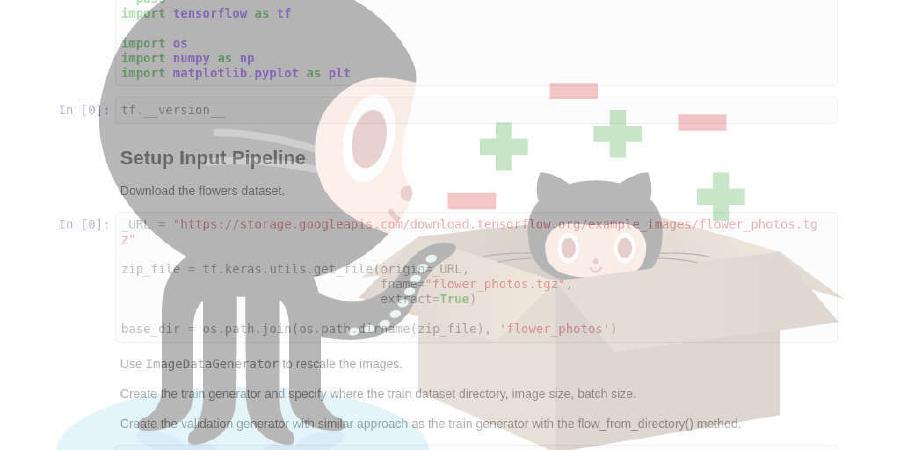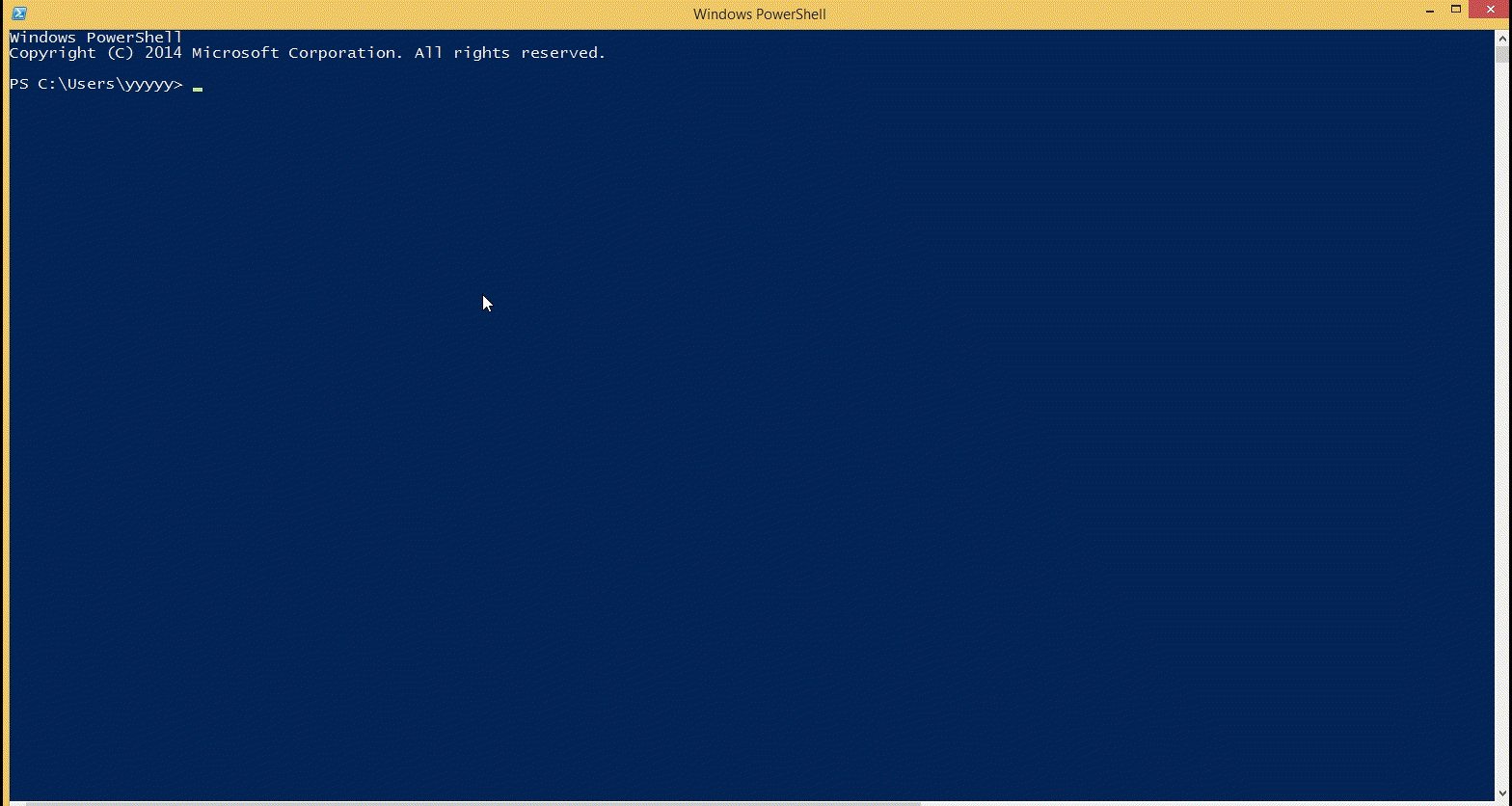vulmon/Vulmap

Vulmap Online Local Vulnerability Scanners Project
| repo name | vulmon/Vulmap |
| repo link | https://github.com/vulmon/Vulmap |
| homepage | https://vulmon.com |
| language | Python |
| size (curr.) | 24350 kB |
| stars (curr.) | 360 |
| created | 2018-09-07 |
| license | GNU General Public License v3.0 |
Vulmap
Vulmap is an open source online local vulnerability scanner project. It consists of online local vulnerability scanning programs for Windows and Linux operating systems. These scripts can be used for defensive and offensive purposes. It is possible to make vulnerability assessments using these scripts. Also they can be used for privilege escalation by pentesters/red teamers.
Vulmap can be used to, scan vulnerabilities on localhost, see related exploits and download them. Scripts basically, scan localhost to gather installed software information and ask vulmon.com api if there are any vulnerabilies and exploits related with installed software. If vulnerabilities exist, Vulmap give CVE ID, risk score, vulnerability’s detail link, if exists related exploit ids and exploit titles. Exploits can be downloaded with Vulmap also.
Main idea of Vulmap is getting real-time vulnerability data from Vulmon instead of relying of a local vulnerability database. Even the most recent vulnerabilies can be detected with this approach. Also its exploit download feature aids privilege escalation processes. Pentesters and red teamers can download exploits from Exploit DB from command prompt. To use this feature only thing needed is id of exploits.
Since most Linux installations have Python, Vulmap Linux is developed with Python while Vulmap Windows is developed with PowerShell to make it easy to run it on most Windows versions. Vulmap Linux is compatible with Python 2.x, 3.x and dpkg package management system. Vulmap Windows is compatible with PowerShell v3 and higher.
Use below links to get detailed information about vulmap:
- Vulmap Windows - Powershell script for Windows systems
- Vulmap Linux - Python script for Linux systems

To-Do:
- Operating system level vulnerabilities will be detected at Windows
- Other Linux package management systems will be supported
- macOS script will be developed
- Android and iOS scripts will be developed




